From Helsinki to Berlin: Europe and the end of the Cold War
Traditional Cold War narratives tend to place the United States and the Soviet Union at the centre of the action and to assume that Europe was a relatively passive actor in the course of events. This project emphasizes the role of European actors in the final years of the Cold War and in the developments that culminated in the fall of the Berlin Wall. In this sense, it traces the origins of this role from the Helsinki summit in 1975 to the fall of Berlin Wall in 1989; emphasizing the European actors such as the EEC, political leaders, NGOs and youth and student’s activist groups in promoting political contacts, cultural exchanges and the dissemination of values such as freedom, democracy and human rights between the two sides of the Berlin Wall.
This common history of Western and Eastern Europe is intended to be celebrated and disseminated through the younger generations in a series of activities taking place in the countries involved in the project. Among these activities the great majority are non-formal education, destined to the youth, but the it also includes an academic conference, targeted for university students, and an exhibition, open to the general public. These activities, in which citizens from different target groups can participate, will be implemented through the cooperation of a number of partner institutions, coming from several participating countries. The institutions involved also represent different types of organizations: universities, NGOs, and private foundations.
The major outcomes of the project would be the promotion of a better understanding of European history and its diversity, a deeper knowledge of European values and, at the same time, to encourage democratic participation of youth citizens and explain to younger generations that, as in the past, the construction of the future depends largely on their participation and activism, through European institutional structures or through the agency of an informed and responsible citizenship.
Contents contributors
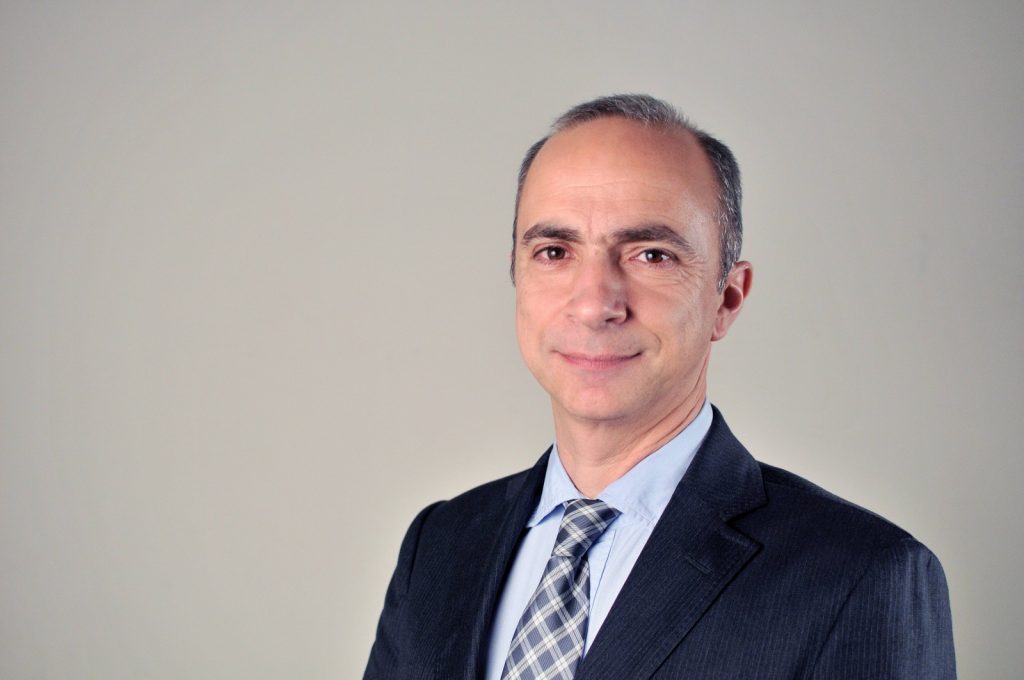
Prof. Luís Nuno Rodrigues, project coordinator, is Full Professor at the History Department of Iscte – University Institute Lisbon and Director of the Center for International Studies (CEI_Iscte). He holds a PhD in American History from the University of Wisconsin and in Modern and Contemporary History (specialization in International Relations in the Contemporary Period) from Iscte – IUL. In 2006, 2008, and 2014 he was Visiting Professor at Brown University, USA. His areas of expertise are 20th Century History of Portugal, History of International Relations and History of the USA. He is the author of 9 books, coordinator of 8 others and has published 55 chapters of books or entries in collective works and more than 30 articles in scientific journals.
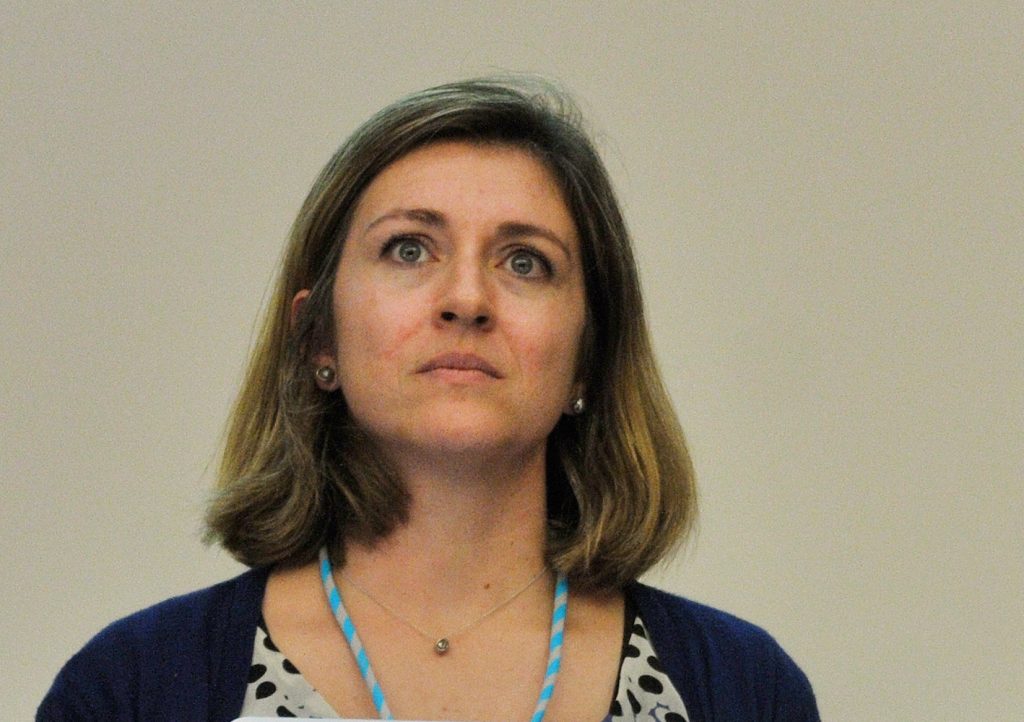
Prof. Ana Mónica Fonseca, researcher at the Centre for International Studies (CEI) at Iscte – University Institute Lisbon and a Guest Assistant Professor at the History Department also at Iscte. Between 2006 and 2015 she was also a researcher at the New University of Lisbon’s Portuguese Institute for International Relations (IPRI-UNL). Her Ph.D. dissertation in Contemporary History (ISCTE-IUL, 2011) received the Honorable Mention of the Victor de Sá Award for Contemporary History 2012 and the Honorable Mention of the Mario Soares Foundation-EDP Award 2012. Her main research areas are Southern Europe democratic transitions, Portuguese-German relations during the Cold War, transatlantic relations, German History, democracy promotion, and transnational history.
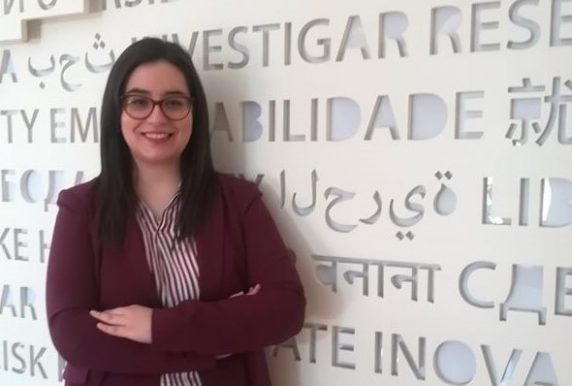
Raquel Valente dos Santos holds a degree and a Master’s in Modern and Contemporary History from Iscte- University Institute Lisbon in 2018. She is currently a PhD student in Modern and Contemporary History at the same university, where she studying the relations between Portugal and UNESCO between 1946 and 1974. She is a research intern at the Center for International Studies (CEI_Iscte) and has been collaborating with the NOWALL project since September 2019. She has received a diploma of academic merit from Iscte – IUL in 2016. Her research areas include the Political History of Portugal (20th century), Portuguese Foreign Policy and diplomatic relations Portugal – UNESCO.
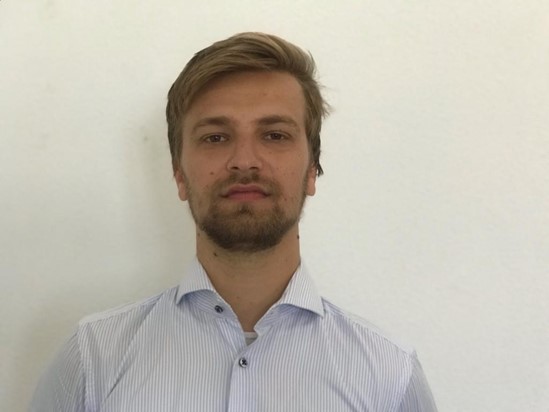
Wessel Mol is a 24-year old student currently enrolled in the MA in International Studies at Iscte – University Institute Lisbon. Originally from the Netherlands, after graduating high school he lived in Costa Rica, Switzerland and Colombia, before moving to Portugal for the master’s degree. Next to studying, he has been involved in simulations of the UN and the WTO, while also having worked as a Public Affairs intern for a large pension fund in the Netherlands. Currently he is a research assistant at the Centre for International Studies at Iscte-IUL. After studying he would like to work for an international organization, the EU or the Netherlands as a civil servant
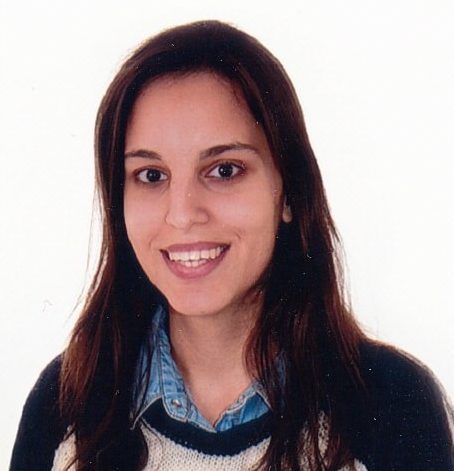
Rosa Pato holds a degree in Modern and Contemporary History from Iscte – University Institute Lisbon. Between May and October 2016, she was an intern at the Archives and Libraries Division of the Ministry of Foreign Affairs. She completed her Master’s in Modern and Contemporary History in 2017 also at Iscte-IUL, with a dissertation on the cultural relations between Portugal and Brazil in the 1950s. She is currently attending the PhD in Modern and Contemporary History, in the International Relations strand, and is an research intern at the Center for International Studies CEI_Iscte).